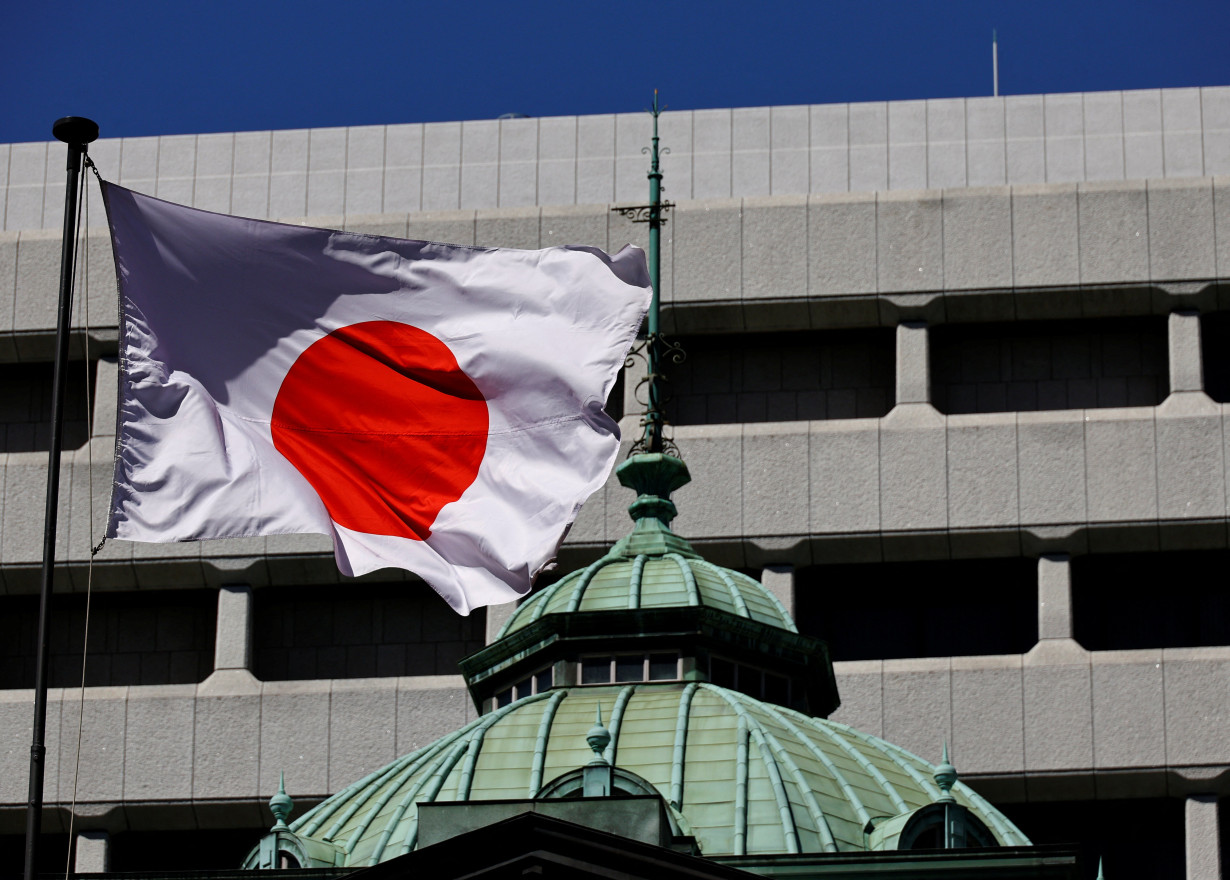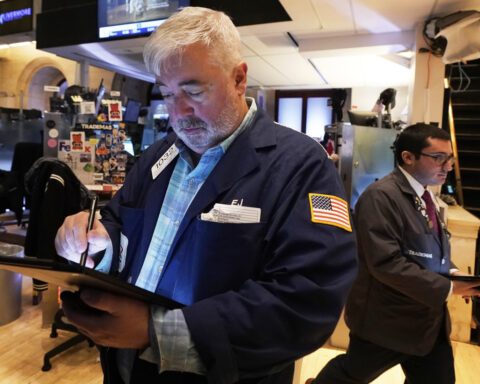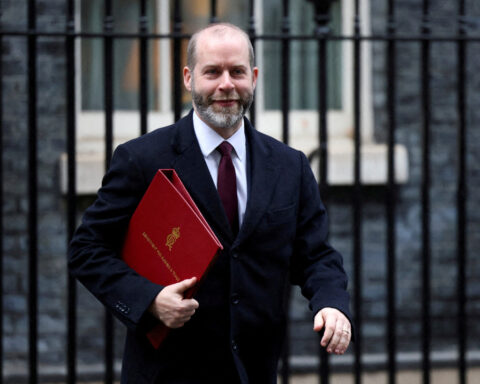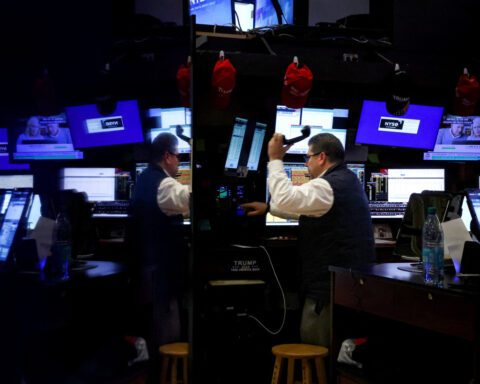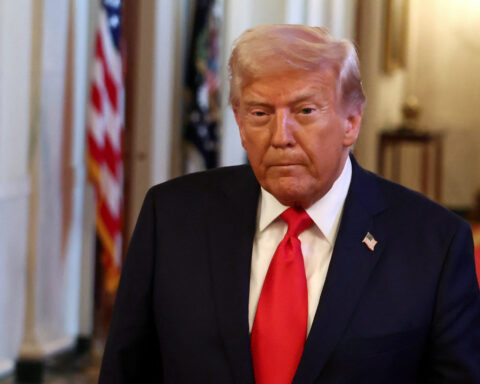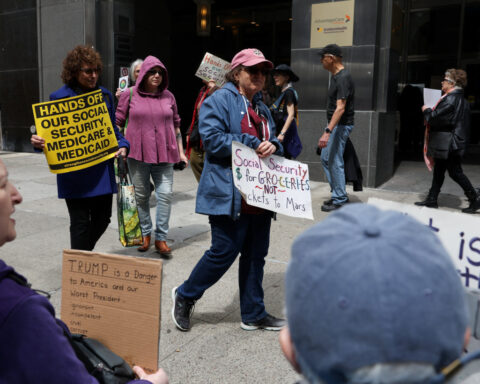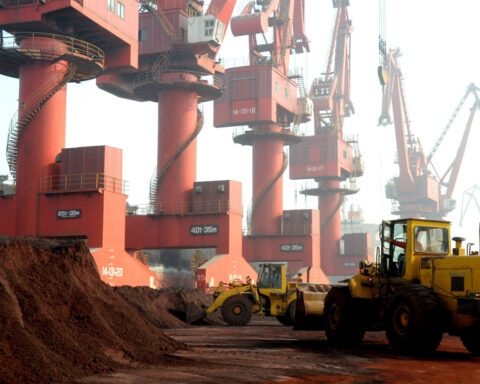By Leika Kihara
TOKYO (Reuters) - The Bank of Japan is expected to raise interest rates on Friday barring any market shocks when U.S. President-elect Donald Trump takes office, a move that would lift short-term borrowing costs to levels unseen since the 2008 global financial crisis.
A tightening in policy would underscore the central bank's resolve to steadily push up interest rates, now at 0.25%, to near 1% - a level analysts see as neither cooling nor overheating Japan's economy.
At the two-day meeting ending on Friday, the BOJ is likely to raise its short-term policy rate to 0.5% unless Trump's inaugural speech and executive orders upend financial markets, sources have told Reuters.
In a quarterly outlook report, the board is also expected to raise its price forecasts on growing prospects that broadening wage gains will keep Japan on track to sustainably hit the bank's 2% inflation target.
A hike by the BOJ would be the first since July last year when the move, coupled with weak U.S. jobs data, shocked traders and triggered a rout in global markets in early August.
Keen to avoid a recurrence, the BOJ has carefully prepared markets with clear signals by Governor Kazuo Ueda and his deputy last week that a rate hike was on the cards. The remarks caused the yen to rebound as markets priced in a roughly 80% chance of a rate increase on Friday.
There were also hints of near-term action last month. While the BOJ held off raising rates at the Dec. 18-19 meeting, hawkish board member Naoki Tamura proposed pushing up rates. Some of his colleagues also saw conditions fall into place for an imminent rate hike, minutes of the meeting showed.
With a policy tightening this week seen as a near certainty, market attention is shifting to Ueda's post-meeting briefing for clues on the timing and pace of subsequent increases.
As inflation has exceeded the BOJ's 2% target for nearly three years and the weak yen has kept import costs elevated, Ueda is likely to stress policymakers' resolve to continue raising interest rates.
But there is good reason to tread cautiously. While the International Monetary Fund raised its forecast for global growth in 2025, Trump's policies risk destabilising markets and stoking uncertainty about the outlook for Japan's export-reliant economy.
Domestic political uncertainty could heighten, too, as Prime Minister Shigeru Ishiba's minority coalition may struggle to pass budget through parliament and win an upper house election scheduled in July.
The economic damage caused by past ill-fated rate hikes also haunt BOJ policymakers. The BOJ ended quantitative easing in 2006 and pushed short-term rates to 0.5% in 2007, moves that triggered a storm of political criticism as delaying an end to deflation.
The BOJ cut rates from 0.5% to 0.3% in October 2008, then to 0.1% in December of that year, as the global financial crisis pushed Japan into recession. Since then, various unconventional steps have kept borrowing costs stuck near zero.
"Japan had a permanently low growth rate, inflation rate and lower level of interest rates. So policymakers, investors and the business community still ask - have we really broken free from that?," said Jeffrey Young, chief executive officer of DeepMacro.
"The BOJ is going to have to explain very carefully that they're raising rates to move away from the extraordinary policy that they adopted."
(Reporting by Leika Kihara; Editing by Shri Navaratnam)

 Trump has begun another trade war. Here's a timeline of how we got here
Trump has begun another trade war. Here's a timeline of how we got here
 Canada's leader laments lost friendship with US in town that sheltered stranded Americans after 9/11
Canada's leader laments lost friendship with US in town that sheltered stranded Americans after 9/11
 Chinese EV giant BYD's fourth-quarter profit leaps 73%
Chinese EV giant BYD's fourth-quarter profit leaps 73%
 You're an American in another land? Prepare to talk about the why and how of Trump 2.0
You're an American in another land? Prepare to talk about the why and how of Trump 2.0
 Chalk talk: Star power, top teams and No. 5 seeds headline the women's March Madness Sweet 16
Chalk talk: Star power, top teams and No. 5 seeds headline the women's March Madness Sweet 16
 Purdue returns to Sweet 16 with 76-62 win over McNeese in March Madness
Purdue returns to Sweet 16 with 76-62 win over McNeese in March Madness
